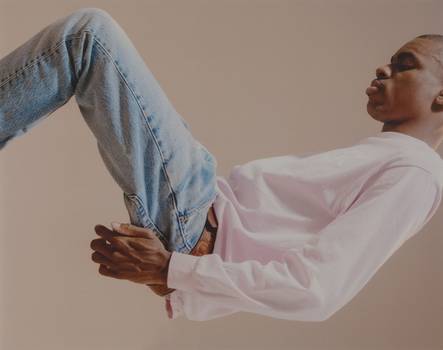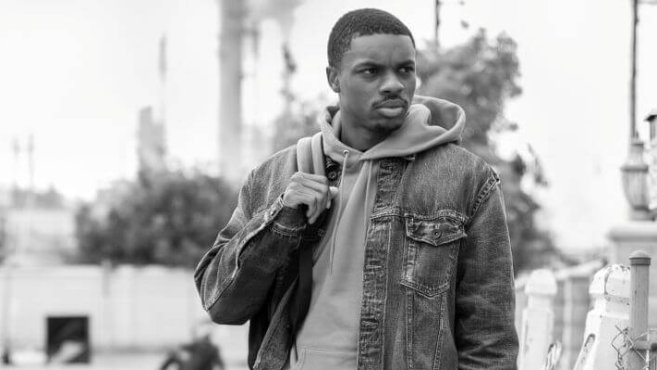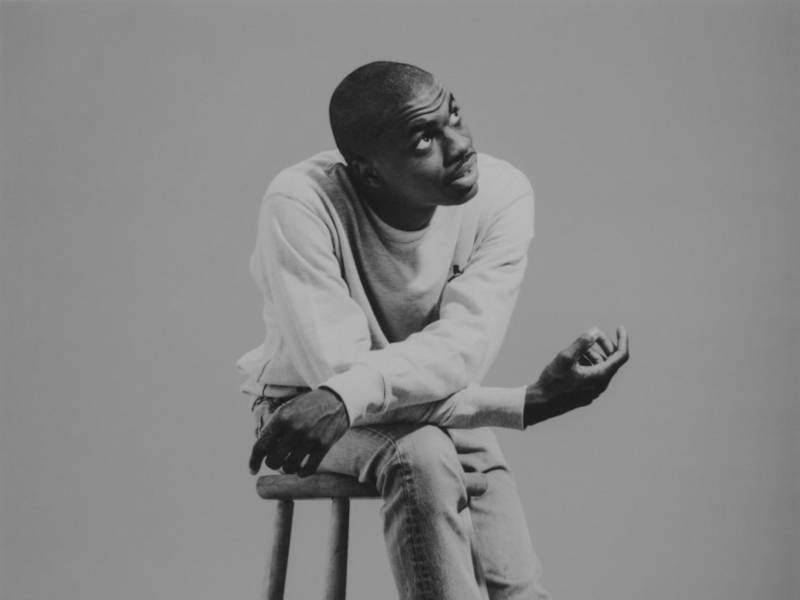Hip-hop is a complex, ever-changing entity — a constantly evolving form of self-expression through which rap artists have been able to narrate their portrayal of wide ranging themes such as turmoil, despair, pride, and triumph. Hip-hop can encapsulate the good times spent in celebration or companionship and the bad times spent enduring personal struggles and social injustices. As different artists undergo the creative process that hip-hop is, they form their own interpretation of the art. Yet, throughout the years of change, hip-hop will always maintain its core qualities which make it such an appropriate genre for so many poetic souls.

Over the course of his discography, Vince Staples has not used hip-hop to narrate the classic themes or to promote delinquency and drug use, but to tell his own story. It’s through his non-fictional narrative that we can try to understand and connect with the values of real life, good or bad. He is a modest and humble being who seems to understand himself and his function in society all too well — a persona capable of producing what could fittingly be considered as “intellectual gangster rap.”
It’s hard to keep up with Vince Staples. It feels like not too long ago when I was introduced to Staple’s feature on the immaturely humorous track “epaR” from Earl Sweatshirt’s debut mixtape, which was released in 2010. Since then, Staples has moved through the scene at a prolific rate with the release of four mixtapes between 2011 and 2014, two EP’s and a double album. In 2014, he signed with DefJam Records to release his first EP, Hell Can Wait, which includes the heavy, breakout track “Blue Seude”.
His first full length album, Summertime ’06, came out in 2015 and it is massive — a double LP of 20 tracks total — and despite its ambitious length, Staples is never short of breath. This album offers a retrospective glance at the terrors and frustrations of North Long Beach at a time in Staples’ life (the summer of 2006) when he was only a 13-year-old kid, but knew by then that his youth was over. The album cover is a solitary depiction of waves similar to Joy Division’s Unknown Pleasures (1979) which Staples has claimed to being a fan of. With standout tracks like “Lemme Know,” “Lift Me Up,” and “Norf Norf,” and an extensive list of features, the album earned its worth of high rated critical acclaim, including being named Best New Music by Pitchfork.
His most recent work is a 7-track EP released on August 26th of this year called Prima Donna. Its release was accompanied by a 10-minute short film of the same title which involves Staples staggering through trippy delusions and features a taxi-driving Matthew McConaughey channeling the essence of his inner Lincoln commercial act. The EP has a sense of cohesion throughout with lo-fi recordings of Vince Staples rapping acapella. In context with the tracks, these intimate moments represent transparency and through this transparency we hear just how tired, fed-up, and frustrated Staples really is.
Staples surely owes a part of his success to the long list of revered collaborators and producers. He has continued his work with Earl Sweatshirt, featuring on Doris (2013) and I Don’t Like Shit I Don’t Go Outside (2015) and through this partnership he met Mac Miller who would produce the Stolen Youth mixtape (2013) with the sympathy provoking track “Nate”. Although he has worked with and became good friends with some of the members of Odd Future, Staples has always been doing his own thing, making friends along the way. In the past he has toured with artists such as A$AP Rocky, Tyler the Creator, and Schoolboy Q.
In 2012, he collaborated with hip-hop producer Michael Uzowuru (known simply as Uzi) for the Winter In Prague mixtape. The Prima Donna EP had two songs, “War Ready” and “Big Time,” produced by electronic R&B artist James Blake. Recently, Staples also recorded a feature over Blake’s “Timeless” from The Colour in Anything (2016) and it’s a sweet marriage of lyricism and colorful production. Yet, one of the most prominent producers he works with is No I.D. (Dion Wilson), DefJam’s Executive Vice President and Head of Creative. No I.D. produced a large portion of Hell Can Wait, Summertime ’06, and Prima Donna.
Vince Staples is almost as complex as the genre of hip-hop and he has a lot to say. He speaks about the social injustices in America — mainly the police violence against black kids. He speaks about drug abuse and addiction. He speaks about gang violence and the frequency of deaths of those close to him. But while the usual narrator is far-removed from the situation, Vince Staples plainly tells of these experiences in first person. He grew up in North Long Beach with his father dealing with drug addiction and his friends getting shot and locked up. He dropped out of school and got involved with gangs before taking music seriously. Although as gloomy as his life may sound, Staples is usually seen with a smile on his face in interviews and a joyful focus in his performance.

At just 23, he’s seen far too much evil and he has become frustrated with the way things are. Listening to the stories he tells, you can hear a depressed and fatigued hero struggling to fight his own battles while keeping strong enough to advocate for others. During each performance he invites his audience to indirectly experience what life has been like for him. It would take a soulless individual to not find any inspiration in the words of Vince Staples and his mission has become a valid attempt to change the way things are, using the lyrical platform of hip-hop. If you really want to know who Vince Staples is, simply listen to his music and he will tell you himself.
VInce Staples is performing at Pygmalion Festival on Friday, September 23rd, on The Accord Outdoor Stage 1, from 11:15 p.m. to 12 a.m. See the Pygmalion Festival website for more information and to purchase tickets.








